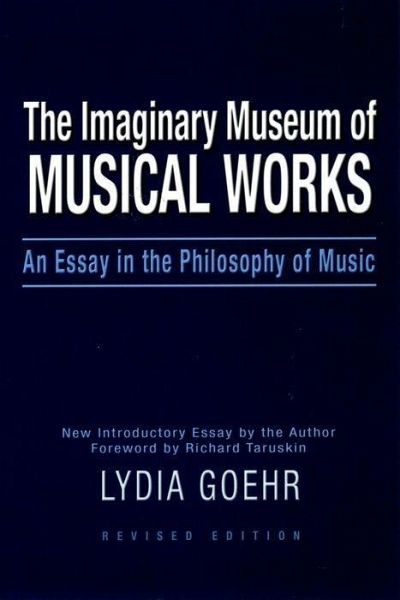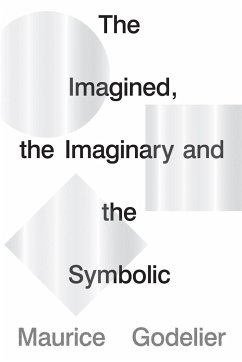
The Imaginary Museum of Musical Works
An Essay in the Philosophy of Music
Versandkostenfrei!
Versandfertig in 1-2 Wochen
74,99 €
inkl. MwSt.

PAYBACK Punkte
37 °P sammeln!
What is involved in the composition, performance, and reception of classical music? What are we doing when we listen to this music seriously? Why when playing a Beethoven sonata do performers begin with the first note indicated in the score; why don't they feel free to improvise around the sonata's central theme? Why, finally, does it go against tradition for an audience at a concert of classical music to tap its feet? Bound up in these questions is the overriding question of what it means philosophically, musically, and historically for musicians to speak about music in terms of "works". In t...
What is involved in the composition, performance, and reception of classical music? What are we doing when we listen to this music seriously? Why when playing a Beethoven sonata do performers begin with the first note indicated in the score; why don't they feel free to improvise around the sonata's central theme? Why, finally, does it go against tradition for an audience at a concert of classical music to tap its feet? Bound up in these questions is the overriding question of what it means philosophically, musically, and historically for musicians to speak about music in terms of "works". In this book, Lydia Goehr describes how the concept of a musical work fully crystallized around 1800, and subsequently defined the norms, expectations, and behavioral patterns that have come to characterize classical musical practice. The description is set in the context of a more general philosophical account of the rise and fall of concepts and ideals, and of their normative functions; at the same time, debates amongst conductors, early-music performers, and avant-gardists are addressed. The Imaginary Museum of Musical Works is a seminal work of scholarship, and has appeared in an astonishing variety of contexts and disciplines from musicological and philosophical since its initial publication. This second edition features a new Introductory Essay by the author, discussing the genesis of her groundbreaking thesis, how her subsequent work has followed and developed similar themes, and how criticisms along the way have informed not only her own work but the "Imaginary Museum" concept more generally as it spread across disciplinary lines. A provocative foreword by Richard Taruskin contextualizes Goehr's argument and points to its continuing centrality to the field.












